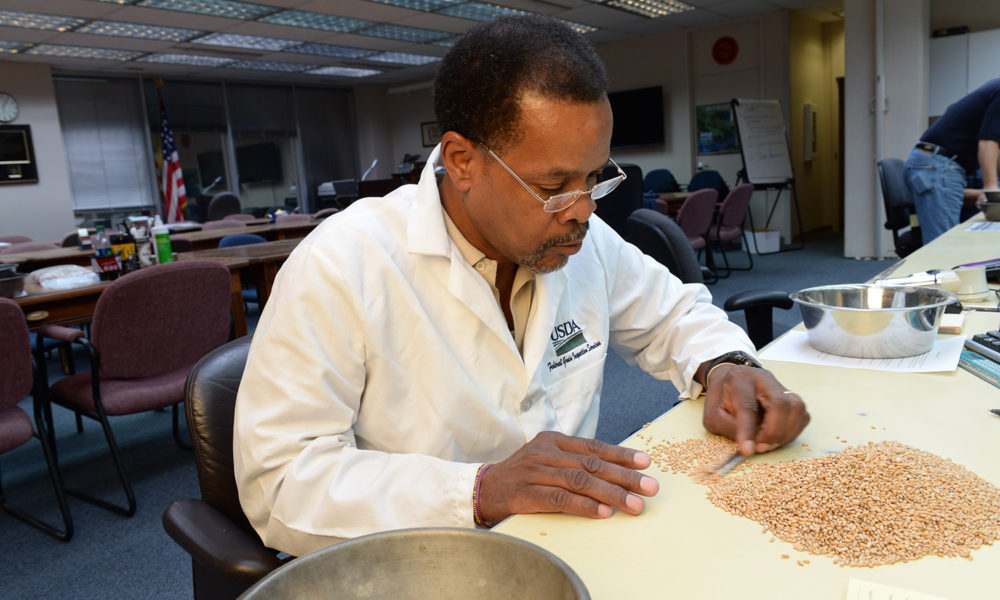Last week, the Biden administration released a presidential memorandum to begin the process of strengthening scientific integrity and evidence-based decisionmaking. This week, Congress will get its chance to play a role in bringing science back to the decisionmaking table, as Representative Paul Tonko (NY-20) reintroduces the Scientific Integrity Act. Together, the memorandum and legislation could establish the strongest protections for federal scientists and their work we have ever seen in modern history. These protections would help to ensure that science, not political ideology or industry interests, informs our nation’s policies and protects people’s safety and health.
Scientific integrity has bipartisan support
Representative Tonko said it best: “Scientific integrity is a long-standing concern that transcends any one party or political administration.” Indeed, he is correct, as violations of scientific integrity have occurred under every presidential administration at least dating back to President Eisenhower. Regardless of political affiliation, scientific integrity is an issue that crosses the aisle, because science-informed policies literally protect our lives—a notion that could not be more apparent than it is now, as hundreds of thousands of people are dying from the novel coronavirus.
The bipartisan nature of scientific integrity and evidence-based decisionmaking was apparent last July when the Scientific Integrity Act passed out of the House Committee on Science, Space and Technology in a 25-6 vote. Republicans and Democrats alike are aware of the devastation to public health and our environment that ensues when scientists and their work are sidelined.
Why legislate scientific integrity?
The Biden administration already issued a presidential memorandum starting a process to strengthen scientific integrity policies at federal agencies—so why would Congress need to do the same? While the memorandum and legislation both address undue political interference in science-based decisonmaking, they can each work in tandem to fill the gaps of the other.
One key area that Congress could help to address through codifying scientific integrity protections is the implementation of these policies. The past four years proved that even strong scientific integrity policies, such as the policy at the National Oceanic and Atmospheric Administration (NOAA), may fall short in holding political appointees accountable for violating the policies. This is because those who oversee implementing the policies (scientific integrity officials) often sit below the most frequent violators of the policies (political appointees) in the bureaucratic hierarchy. While agencies may consider working with inspectors general offices in the future to investigate wrongdoing on the part of political officials, codifying scientific integrity protections would ensure that violators are held accountable under law.
The Scientific Integrity Act is needed
The past four years were an unprecedented and dangerous time for science-informed policy. Scientists were censored, saw their reports and papers suppressed, were forced out of agencies, or had research results manipulated to fit political goals. We lost four years of progress on climate change, on environmental justice, on ensuring our children have lead-free water, on reducing the rates of asthma. And we lost precious time to prevent thousands of deaths due to the novel coronavirus. We do not have four more years to wait for science to be welcomed back—we need it now more than ever.
The past four years taught us that science is vital to our well-being. We should never forget that time nor its lessons, and we cannot write off the past four years as unique. What we can and should do is act—we should be working harder to protect science than we ever have before. Representative Tonko will reintroduce the Scientific Integrity Act, Congress—both the House and Senate—should pass the bill expeditiously, and President Biden should sign this critical piece of legislation into law. Doing so sends a clear signal that we have learned our lessons from the past four years and beyond and are ready for science to inform this nation’s decisions so that people, their health, and their safety are protected.

